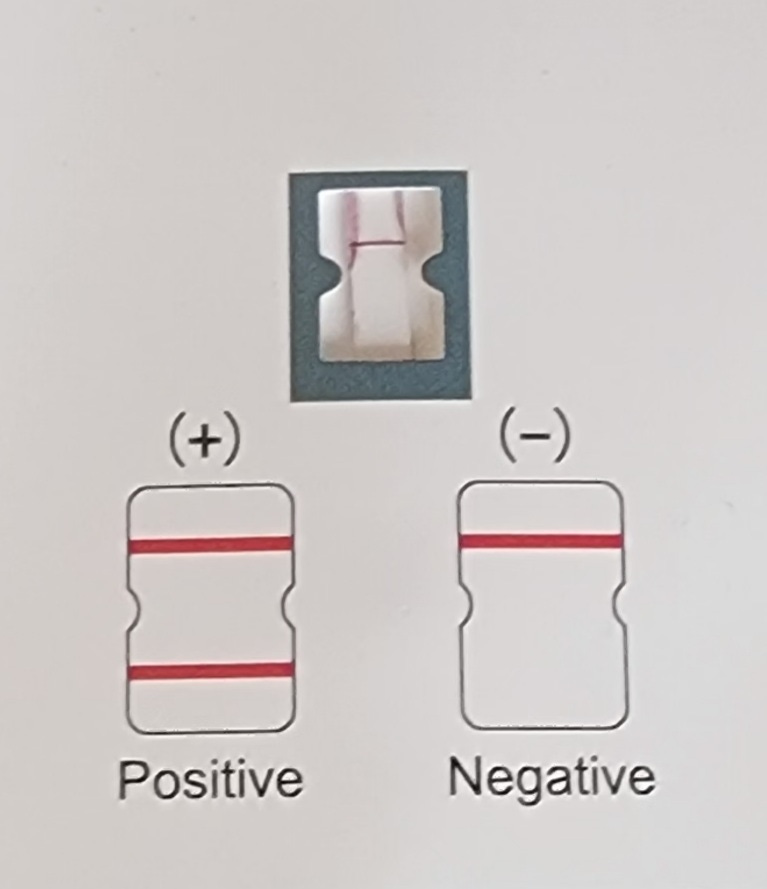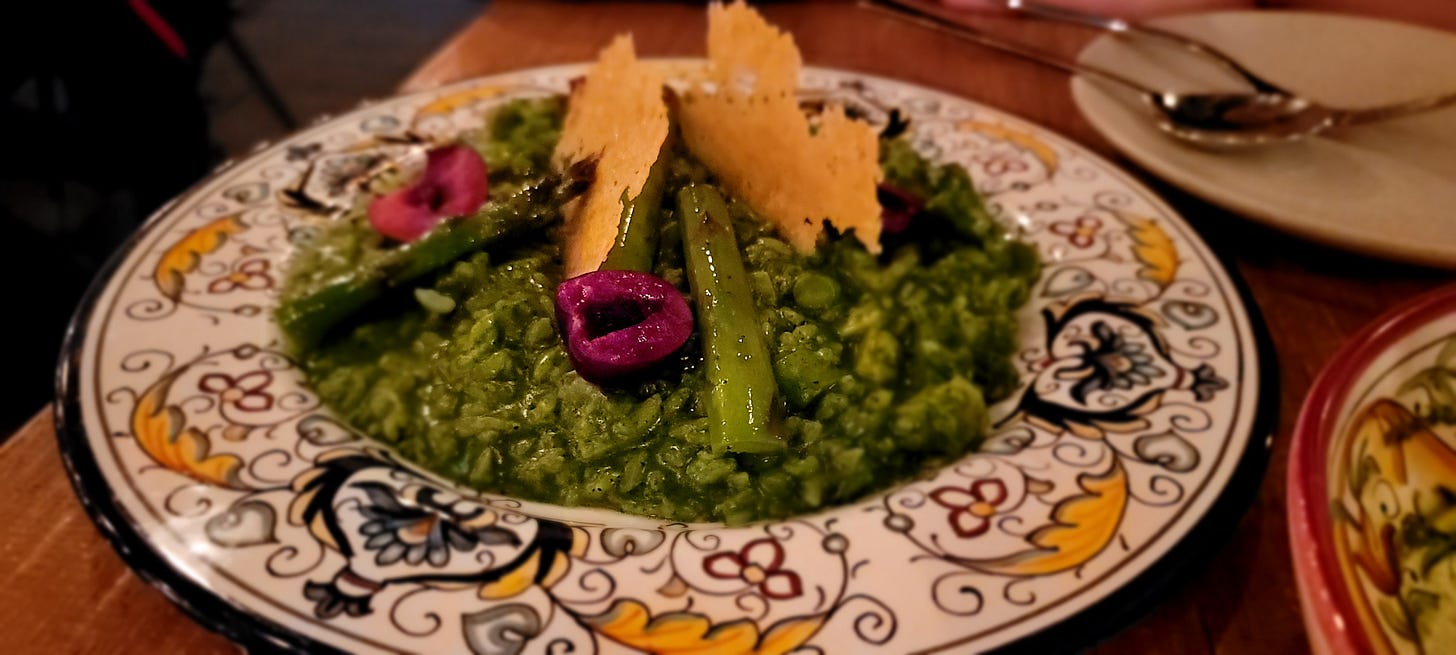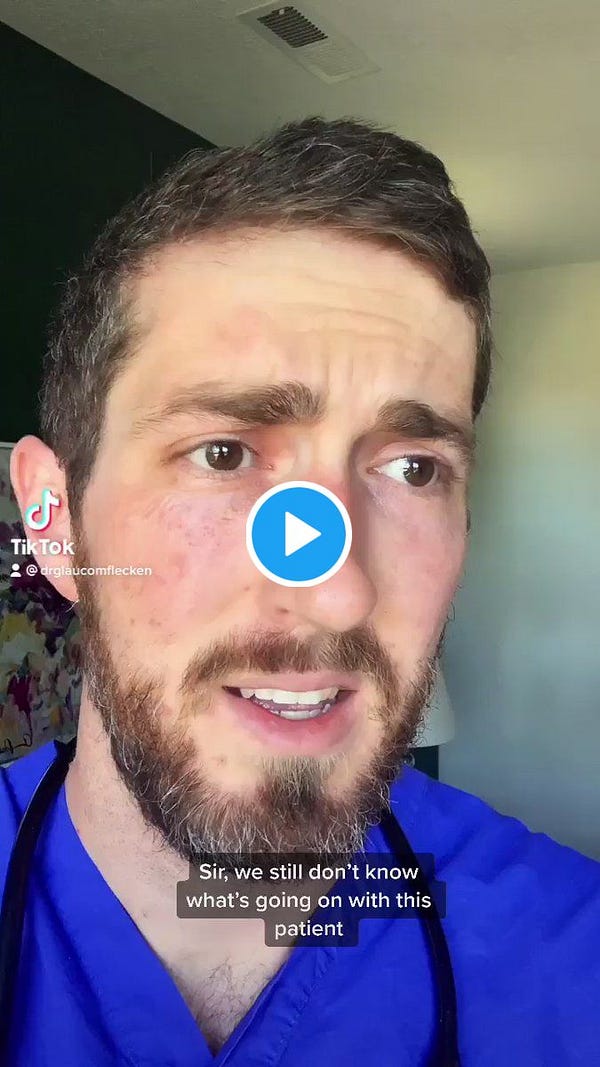First doses first: why didn't anyone test it out?
The end of covid is already here, it's just not evenly distributed
I advocated early for what is called First doses first: while most covid vaccine regimes call for two doses, if the interval between the first and second dose is spread out, then more people can get their first doses earlier.1
The logic in favor is simple: if the protection offered by a single-dose is better than half the protection offered by two doses, then it is better to have two people partially vaccinated than a single person fully vaccinated. Given that the initial schedule between doses was optimized to make trials fast rather than thinking it would be best to have the second dose so soon after the first one2, there is no reason to expect any long-term negative side effects of delaying the second dose.
The logic against it is simple too: this is no longer following the protocols that were tested in the clinical trials, which are the only ones that we really are sure work, and it could backfire. Let’s stick to the established protocol. Also, we are already dealing with vaccine hesitancy and this type of “making it up as we go along” cannot but make it worse.
The real answer would have been to do a trial: every day, over 20 million covid doses are given out. Surely, one could easily randomize 100,000 or so of those to “delay 1st dose” and “delay 2nd dose” scenarios and do a trial. Give 100,000 people a placebo3, while a further 100,000 get their booster and then monitor it them for 12 weeks before checking how much protection a first-dose really does give in a real-world setting.
To my knowledge, no such trial has been done, anywhere. There are some trials going on for mixing different vaccines (which seems to work great), but there is no real data.

This should have been one of the most important questions of 2021, with millions of lives at stake. And, it seems that there is simply no interest in even asking the question.
Who would ask the question? Of course, it is not just about asking the question: it is about asking the question and marshaling the resources to do it. There has to be an institution that combines the resources and the will to do it.
The pharmaceutical companies do not have an incentive to do it: they sell two doses whether or not they are given 3 weeks or 3 months apart. This is textbook market failure and the market cannot be expected to work well at the best of times: knowledge of the optimal schedule is a public good and no private for-profit institution can capture the benefits, therefore no private for-profit institution will provide the service.
But, it has also been a case of massive public sector failure.4 Despite trillions being spent on covid relief,5 the public sector has failed at providing this obvious public good: what is the optimal vaccine schedule? We don’t know. One of the most important questions of 2021, and we just don’t know.
Photos
Links
A single link this newsletter, but it’s a long and worthwhile one: Higher than the Shoulders of Giants; Or, a Scientist’s History of Drugs
Tweets
The above is how I imagine Daniel Griffith on TWiP

This is because the amount of doses is still limited in most places (the US being a notable exception)
No other vaccine I have ever taken has had a booster less than a month after the initial dose.
Preferably an active one, i.e., one that provokes a reaction, such as an alternative vaccine. You either get the covid booster or protection against some other disease.
Which is less present in the textbooks, but this is also a failure of the textbooks.
I laughed the other day, when listening to a hotel manager on the radio [Luxembourgish] complain that the government and the EU had spent more money bailing out his own sector than procuring vaccines.








